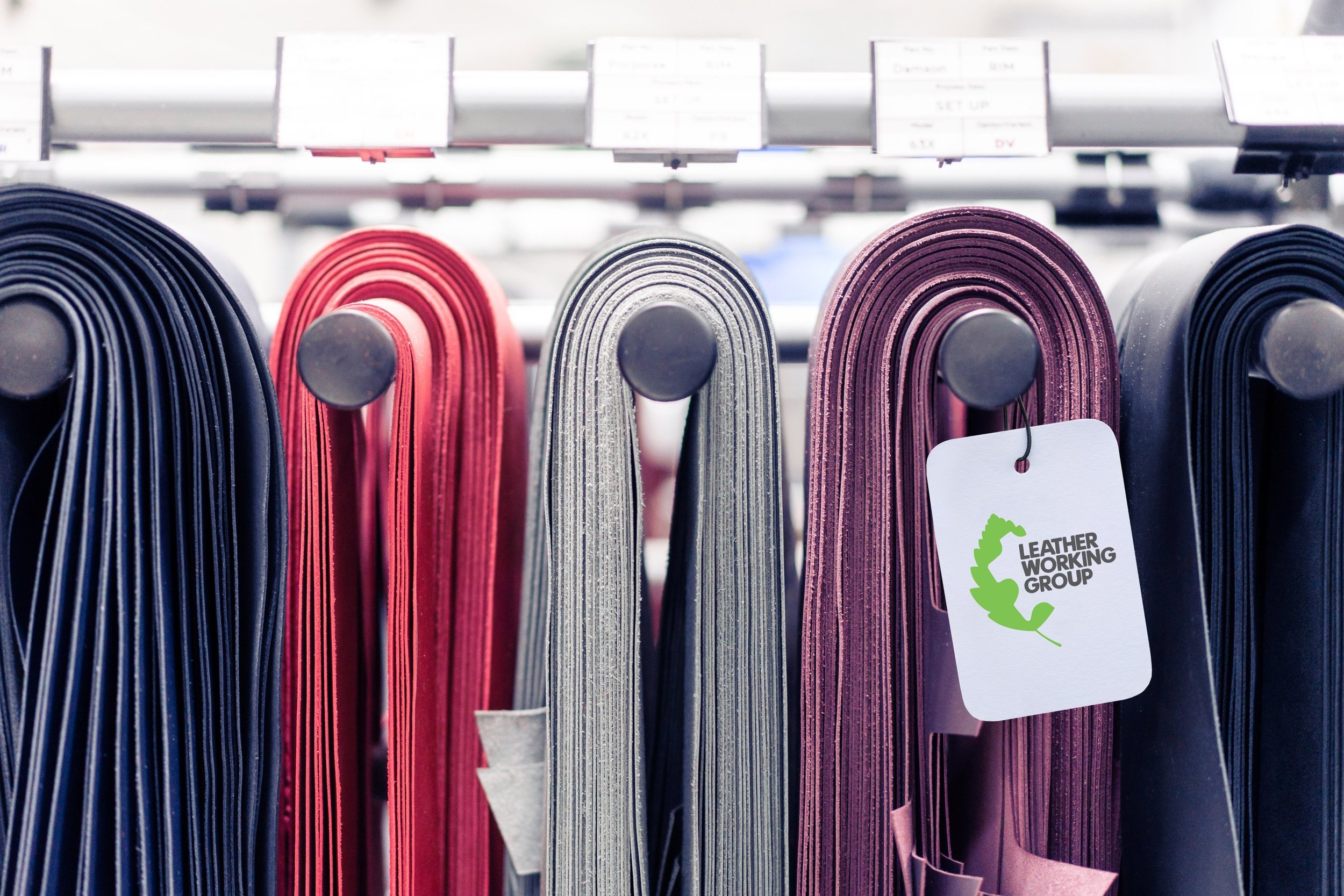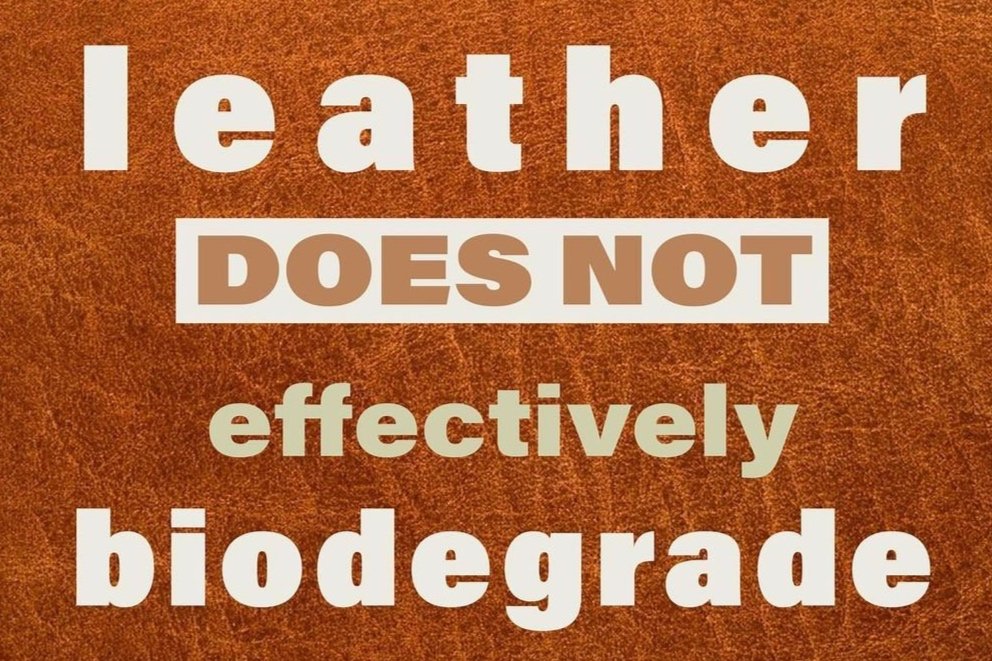Total ethics fashion: bringing the planet, people and animals together
Put simply, total ethics fashion is the convergence of care for the planet and all those who live on it. It asks that fashion value the planet, humans and animals, prioritising them before profit and ‘business as normal’ production.
How leather supply chains around the globe are tied to deforestation
Most people interested in fashion and sustainability have heard the industry claims that leather is the more sustainable option as it is ‘natural’. However, global leather supply chains are responsible for the destruction of the natural world, including through deforestation.
How to spot ethics-washing
You’ve heard of green-washing, but what about ethics-washing? Just as fashion marketing often works to deceive us into believing garments and brands are most sustainable than they really are, misleading marketing can lead us to think fashion is more ethical and fairly made than it really is, too.
Meet GACHA: a new biodegradable faux fur
The first 100% biodegradable and commercially compostable animal-free fur has been created and released by faux fur artisan ECOPEL. The future of fur-free fashion is instantly looking greener.
Overcoming green-washing and misinformation in fashion
As major fast fashion brands insert themselves into discussions of sustainable fashion with an array of ‘eco-conscious’ claims, it’s important that both citizen consumers and policymakers are armed with the tools to correctly identify eco-fact from eco-fiction.
Here’s what registered veterinarians have to say about mulesing and tail docking.
Collective Fashion Justice spoke to registered veterinarians and animal welfare experts about the practices of mulesing and tail docking. Here’s what they had to say.
The IPCC’s Mitigation of Climate Change report explained, and what it means for the fashion industry
The Intergovernmental Panel on Climate Change has just released the final part of their sixth assessment report, exploring sources of global emissions, solutions available to remedy the climate crisis, and our timeline to do so. What does it mean for fashion?
What is the Leather Working Group certification, and does it make for sustainable and ethical leather?
Brands using Leather Working Group (LWG) certified leather claim to offer more sustainable and transparent leather goods. But what does the LWG auditing process and certification actually consider, and does it make for leather that is better for the planet?
How to mindfully refresh your wardrobe
New year, new me. We’ve heard it a million times. The allure of pressing the reset button, overhauling our 2021 selves and coming into 2022 feeling ready for a fresh start can be real. When this happens, it can spark a big clean out of our spaces, especially our wardrobes.
Is Black Friday really so bad? Let’s take a look.
It’s that time of year again when soon enough, we’ll be inundated with messages, posts and emails about the big Black Friday sales and how they’re ‘too good to be true’! And generally, they really are too good to be true.
Is the Responsible Wool Standard cruelty free? Is the ZQ wool certification free from harm?
People who want to buy wool, and who theoretically oppose animal cruelty may have heard about the Responsible Wool Standard (RWS) or the ZQ wool certification. These certifications claim their wool ensures freedom from pain fear and distress. But is this accurate, or a deception?
Is vegetable tanned leather sustainable? Let’s do some leather myth-busting.
Vegetable tanned leather is often positioned as more environmentally friendly than both chrome tanned and synthetic leather, but the truth is, a lot of the information that circulates about vegetable tanned leather isn’t accurate. Let’s bust five myths you might hear when it comes to this material.
NYC legislation written with Collective Fashion Justice consultation becomes law!
This bill will require the City’s Director of Environmentally Preferable Purchasing to report details on the supply chain and source of agency-purchased textile goods. Additionally, this bill will establish a task force which will identify costs of textile purchases, such as impact to the environment, and poor safety of laborers in textile production. Recommendations to improve purchasing will be made.
Toni grew up on a sheep farm, now she never wears wool.
“It’s hard to say what was the most confronting thing about working on the farm… we are brought up with the death and abuse of animals. We are taught it’s natural, it needs to be done. We are taught their dollar value…”
Here’s how fashion purchases have changed since the pandemic
It’s very positive to see in FOUR PAWS’ recent commissioned surveying, shared with CFJ, that 50% of adults have changed their fashion purchasing habits since COVID-19 hit, and particularly, to see how positive these changes are…
5 ways to shop more sustainably
We cannot sustain the fast pace of fashion which is destroying our planet, and just the same, we cannot sustain injustice and harm. So, here’s how we can shop in a way that is caring, not harmful.
Are cradle to gate impact assessments useful?
Are cradle to gate assessments like the Higg Material Sustainability Index helpful? Or is it to the grave, or nothing at all?
Here’s what you should know about the IPCC’s latest report
You’ve seen it all over the news and on your social feed, but you feel overwhelmed. That’s completely fair. Let’s break it down.
Gucci has a new vegan leather shoe collection – let’s unpack that
With leather alternatives on the rise, Gucci has recently jumped on board by releasing an exclusive vegan leather shoe range, made with their own material. Let’s unpack what this means for the brand and industry.
Is cotton more sustainable than wool? It’s complicated.
When it comes to knitwear, cotton can be used as an alternative to both animal and synthetic fibres. As a plant, cotton is biodegradable, and as a fashion fibre, not borne of animal cruelty. But is it sustainable?




















